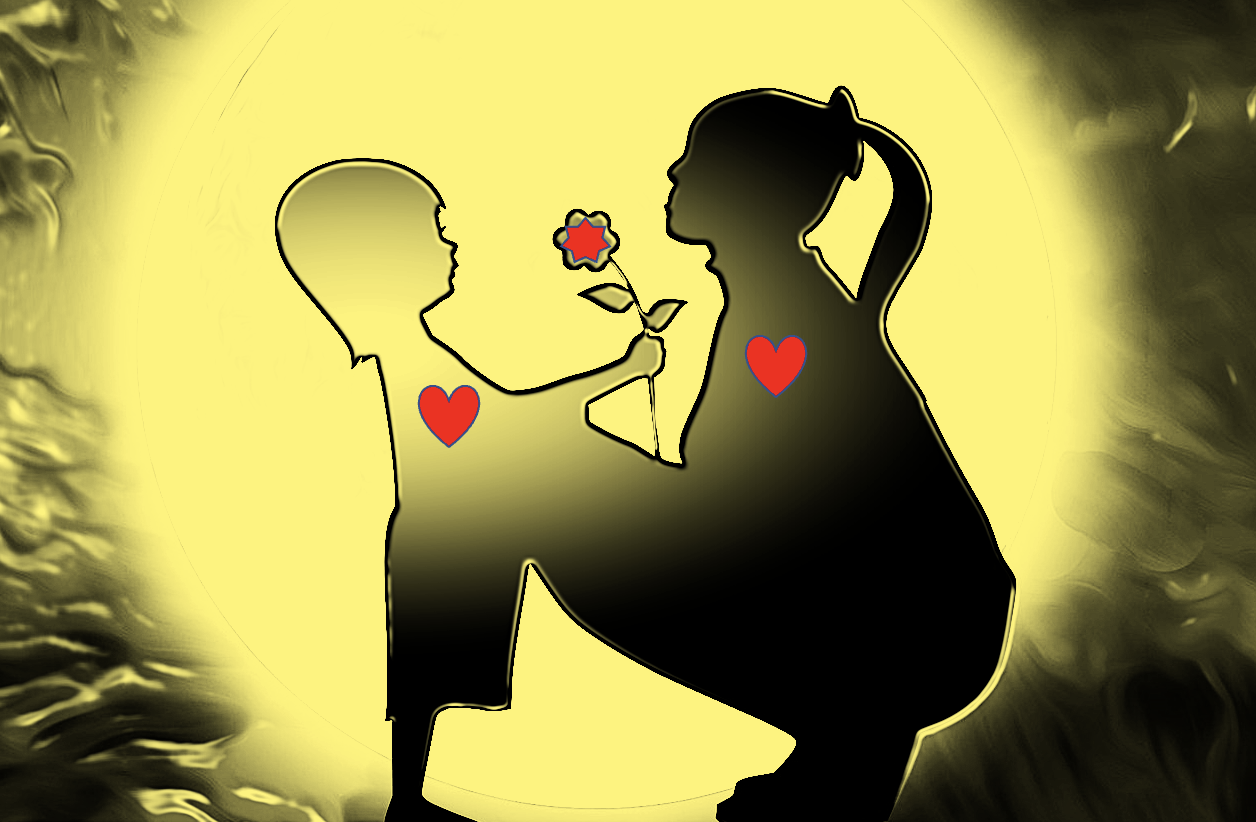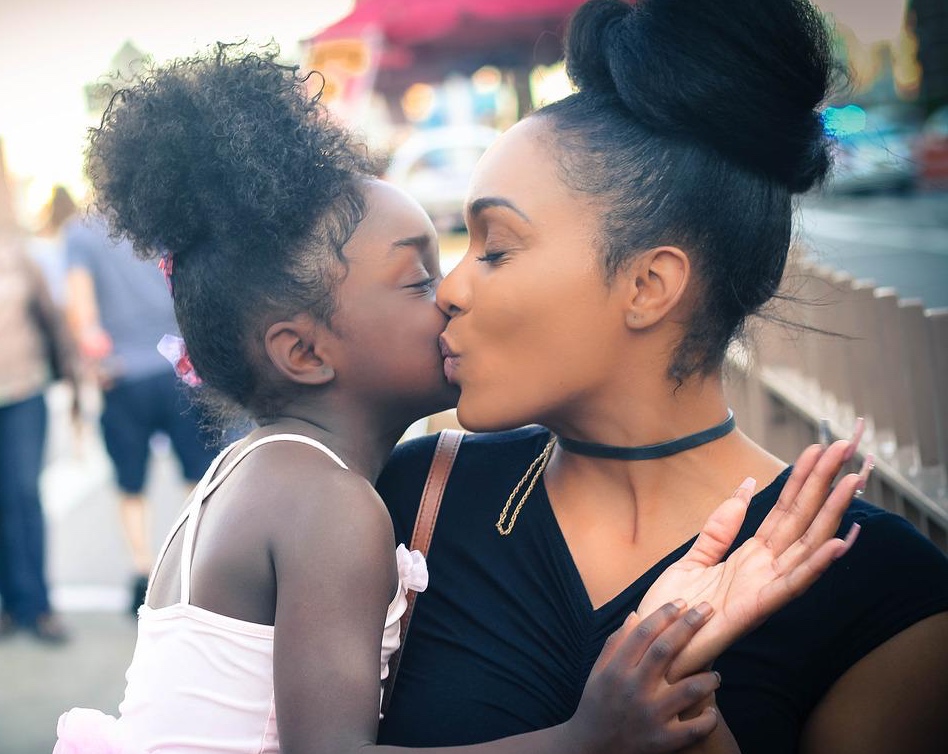Mothers need to be tough in loving their kids. Shooting pet dogs is another story.
Let’s give a shout out to all of the tough mothers out there. These strong women work long hours away from the house and then supervise homework and housework. Tough moms keep you honest and teach you courage. They’ll wipe away your tears. Then they’ll kick you in the pants and send you back into the fray. They stand beside you for a time. But they want you to stand on your own two feet.
Mother’s Day can we be sappy and maudlin. The pastel cards and fragrant flowers make it seem that mothers are all sweetness and light. But a mother’s love can also be tough. The momma bear must defend her vulnerable cubs against a vicious world. But she can’t defend you forever. Her job is to prepare you to confront the world with bravery and integrity.
I’ve been reflecting on tough mothers while thinking about the governor of South Dakota, Kristi Noem. As almost everyone knows by now, the governor claimed she shot the family dog in a gravel pit. She explained that it was a “hard decision” but that she did it for her kids. She said, “I had a choice between keeping my small children and other people safe, or a dangerous animal, and I chose the safety of my children.”
The episode has generated a lot of heat. Comedians and critics have piled on. Some clever congressmen started a “Congressional Dog Lover’s Caucus.” But behind the backlash is a serious question for moms everywhere. Who or what would you kill to defend your kids?
The governor added, “Tough decisions like this happen all the time on a farm.” No doubt there is a lot of killing down on the farm — and elsewhere. And moms are part of it. Mothers in war zones around the world have to send their sons and daughters off to war. Tough choices are made by mothers whose children are starving and dying in places ravaged by famine and disease. Motherly love unfolds in a world that can be violent and cruel.
Some of the toughest mothers in history came from ancient Sparta. Spartan mothers were famous for encouraging their sons to be brave warriors. They would rather their sons die in battle than run away in cowardice.
Sometimes the Spartan mother has been turned into a cold and shrewish caricature. Plutarch collected a number of “sayings” of Spartan mothers, which portrayed them as mean, spiteful, and scolding. In Plutarch’s collection, Spartan mothers make fun of weak and cowardly sons in crude and insulting ways.
I doubt those Spartan mothers were as callous and cold as Plutarch makes them out to be. Men often mock strong women because they fear their power and independence. The Spartan women were more liberated than other women in the ancient world. They trained in athletics, owned property and engaged in public life. That’s a threat to men who want women to be soft, weak and dependent.
A saccharine ideal of motherhood disempowers mothers — and women in general. Sometimes moms need to get tough. This does not make them less motherly or feminine. This brings us back to Gov. Noem. It’s worth considering whether the backlash against her involves a bit of old-fashioned sexism. If it had been a man who killed that dog instead of a woman, would the judgment be different?
I’m not condoning shooting dogs. There are better ways to deal with unruly hounds. Spartan mothers don’t need to be cruel. Tough mothers can provide encouragement without being mean. They can defend their kids without being spiteful. The difficult balancing act for every tough momma is to be loving and strong, powerful and kind.
That’s not easy. In a culture that idealizes mothers as paragons of peace and softness, the momma bear will be viewed as unfeminine, and well, overbearing.
But everyday, tough mothers make hard choices, down on the farm and everywhere else in this cold world. This does not make them less maternal, feminine, orworthy of respect and admiration. Good mothers love us. But they also defend us, teach us virtue, and toughen us up. And for that we should be grateful on Mother’s Day.
Read more at: https://www.fresnobee.com/opinion/readers-opinion/article288441483.html#storylink=cpy




